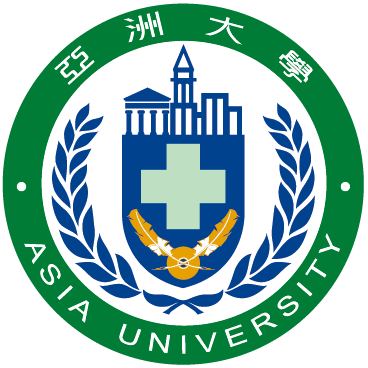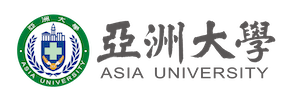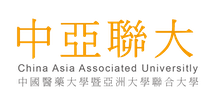The Special Issue of Times Higher Education (THE) reports of the United Kingdom announced the 2021 “World University Impact Ranking,” and Asia University (AU) is ranking among the list of the 400th to 600th best in the world, No. 11 in Taiwan, No. 5 in the private universities, and No. 2 in the non-medical private universities. Furthermore, AU is ranked in the group of top 100, specifically No. 87, in the category of “Decent Work and Economic Growth” of the Sustainable Development Goal 8 (SDG8) in the world, and No. 1 in Taiwan. It is obvious that AU pays attention to ensure working rights, employment rights, gender salary, and anti-discrimination measures of the faculty and staff.
Vice President and Director of the USR Center, Prof. Huei-Chen Ko, pointed out that this is the third time that the Special Issue of THE reports has ranked the “world university influence” since 2019, and the number of schools participating in the evaluation has been increasing year by year. For example, the participation of universities in the evaluation has increased by 30% over the previous year; and a total of 1,240 universities this year, and a total of 35 universities in Taiwan, entered the rankings this year. Furthermore, among the 17 indicators SDGs of the United Nations, the specific contribution and influence of universities to local, national, and global sustainable development are analyzed, which are also the performance assessment indicators of University Social Responsibility (USR).
Vice President of AU, Prof. Huei-Chen Ko, said that in order to lead the school's teachers and students to promote social, environmental and economic sustainability, the USR Center of AU supports the projects of Internet Addiction Prevention, the Care for Silver-Haired Dementia, the Test City - Wufeng, and the Food and Agricultural Education of the University. To promote these projects, an AI-USR Hub was established in 2020, and the Hub uses AI technology to assist the industry actively and to help the government and the communities to solve related problems, the works including: 1) establishing a smart management system to improve the safety and productivity of traditional aquaculture; 2) developing a food safety inspection chip platform to implement food safety management and control with emerging technologies; 3) establishing a smart agricultural quality and brand dual certification platform to help farmers build their own brands and increase profits; 4) using AI technology to provide “smart emergency inspection” and “smart telemedicine” services to ensure that people in remote areas can receive comprehensive medical care; 5) designing and promoting AI courses to reduce the gap in AI literacy between the urban and rural areas. Therefore, the university has received good scores on the two items of “Quality Education (SDG4)” and “Industry, Innovation and Infrastructure (SDG9).”
Prof. Shao-Liang Chang, Dean of Student Affairs and Vice Chief of the USR Center, said that in the evaluation of SDG2 item “Zero Hunger” and SDG6 item “Clean Water and Sanitation,” our school enters the list of 101st to 200th best in the global ranking. Great efforts have been made in food safety and adequate supply, and smart aquaculture management has been established through cooperation with local fishermen.
Deputy Director Chang of the USR Center pointed out that the school has also made great efforts in other sustainable development projects. The project “Gender Equality”, which has made considerable progress each year, has not only set the key points for the implementation of gender equality education in AU, but also implemented it in supporting the working faculty and students in the school, and has create gender-friendly working and learning spaces.

Asia University



